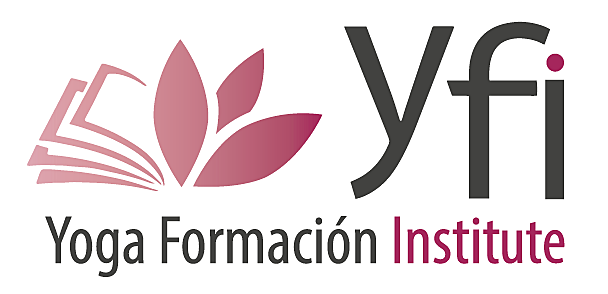Posts tagged "positive"

Can pronouns help your marriage?
We or I and You?
A recent study about the significance of using we vs. separateness pronouns, such as "I" and "You," among married couples has some interesting suggestions. The couples in the study were asked to have a conversation about their marital conflicts. Their emotional experiences during this quarrel were evaluated, and each partner was asked how happy they were in their marriages. The results showed that using we-ness pronouns was associated with higher levels of positive emotions, lower levels of negative emotions, and low levels of cardiovascular arousal. When one spouse used we-ness words, it was soothing to both. The results suggest that using "we" can be healthy and emotionally comforting. Older couples showed greater levels of we-ness usage and a greater sense of shared identity than the younger couples. Among older couples, the wives were more affected than their husband by the use of separate pronouns.
Use 'we' for more positive emotions
What would happen if families consciously used "we-ness" in conversations? Might this create more positive and relaxing moments, emotional closeness and compatibility?
A new theory of depression
Evolutionary psychology
Dr. Andy Thomson became interested in evolutionary psychology in the late 1990s. This line of investigation speculates about the features of the human mind in terms of natural selection. Evolutionary psychology assumes that the brain has a long evolutionary history, which shapes human nature. according to this orientation, we are not a blank slate but a byproduct of imperfect adaptations. Oiur mind was designed to meet the needs of hunter-gatherers. These theories are hard to prove but their assumptions are largely by scientists today. There is no longer any sognificant debate about whether evolution played a role in the development of the human brain. Instead, the current focus is on which of our mental traits are adaptations and which are accidents.
Depression is a paradox for evolutionary psychology — why is a condition that is so costly is also so common. This ia very complex and sensitive subject and I don't want to misrepresent it in any way. However, I believe that the recent controversy is worth discussing in view of the enormous attention given to its alleviation by modern pharmacology and psychiatry and positive psychology.

